Filter by
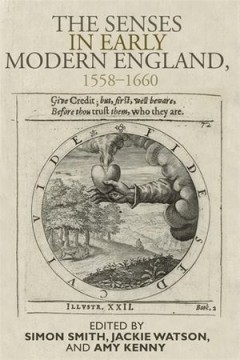
Precarious Crossings: Immigration, Neoliberalism, and the Atlantic
Examines the underlying precarity in twenty-first-century immigrant fiction and reveals the contradictions inherent in neoliberalism as an ideology.
- Edition
- -
- ISBN/ISSN
- 9780814214107
- Collation
- -
- Series Title
- -
- Call Number
- -
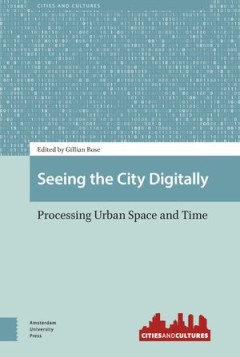
Powerful Prose: How Textual Features Impact Readers
What makes a reading experience »powerful«? This volume brings together literary scholars, linguists, and empirical researchers to elucidate the effects and reader responses to investigate just that. The thirteen contributions theorize this widely-used, but to date insufficiently studied notion, and provide insights into the therefore still mysterious-seeming power of literary fiction. The co…
- Edition
- -
- ISBN/ISSN
- 9783839458808
- Collation
- -
- Series Title
- -
- Call Number
- -
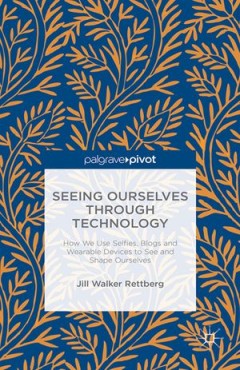
Power Relations in Black Lives: Reading African American Literature and Cultu…
According to relational sociology, power imbalances are at the root of human conflicts and consequently shape the physical and symbolic struggles between interdependent groups or individuals. This volume highlights the role of power relations in the African American experience by applying key concepts of Pierre Bourdieu and Norbert Elias to black literature and culture. The authors offer new re…
- Edition
- -
- ISBN/ISSN
- 9783839436608
- Collation
- -
- Series Title
- -
- Call Number
- -
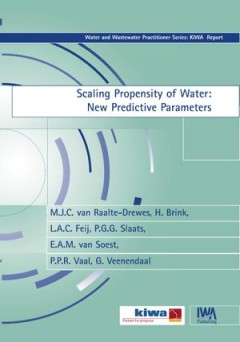
Posthuman Lear: Reading Shakespeare in the Anthropocene
Approaching King Lear from an eco-materialist perspective, Posthuman Lear examines how the shift in Shakespeare’s tragedy from court to stormy heath activates a different sense of language as tool-being — from that of participating in the flourish of aristocratic prodigality and circumstance, to that of survival and pondering one’s interdependence with a denuded world. Dionne frames the t…
- Edition
- -
- ISBN/ISSN
- 9780692641576
- Collation
- -
- Series Title
- -
- Call Number
- -
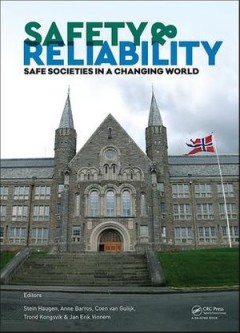
Possessed: A Cultural History of Hoarding
In Possessed, Rebecca R. Falkoff asks how hoarding—once a paradigm of economic rationality—came to be defined as a mental illness. Hoarding is unique among the disorders included in the American Psychiatric Association's DSM-5, because its diagnosis requires the existence of a material entity: the hoard. Possessed therefore considers the hoard as an aesthetic object produced by clashing per…
- Edition
- -
- ISBN/ISSN
- 9781501752810
- Collation
- -
- Series Title
- -
- Call Number
- -
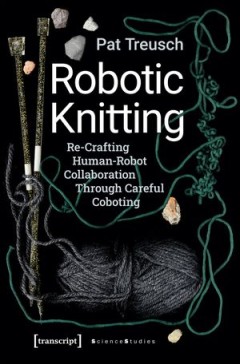
Poetry's Afterlife: Verse in the Digital Age
Poetry lives on in the digital age
- Edition
- -
- ISBN/ISSN
- 9780472900404
- Collation
- -
- Series Title
- -
- Call Number
- -

The Poetry of Hanshan (Cold Mountain), Shide, and Fenggan
Due to their popularity with the American counterculture, the poems attributed to Hanshan, Shide and Fenggan have been translated several times in recent decades. However, previous translations have either been broadly popular in nature or have failed to understand fully the colloquial qualities of the originals. This new version provides a complete Chinese/English edition of the poems, aimed a…
- Edition
- -
- ISBN/ISSN
- 9781501501913
- Collation
- -
- Series Title
- -
- Call Number
- -

The Poetry of Du Fu
The Complete Poetry of Du Fu presents a complete scholarly translation of Chinese literature alongside the original text in a critical edition. The English translation is more scholarly than vernacular Chinese translations, and it is compelled to address problems that even the best traditional commentaries overlook.The main body of the text is a facing page translation and critical edition of t…
- Edition
- -
- ISBN/ISSN
- 9781501501890
- Collation
- -
- Series Title
- -
- Call Number
- -
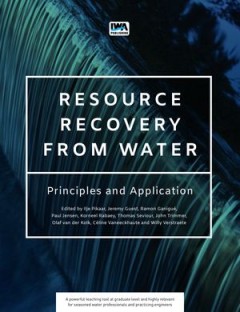
A Poetics of Plot for the Twenty-First Century: Theorizing Unruly Narratives
Story, in the largest sense of the term, is arguably the single most important aspect of narrative. But with the proliferation of antimimetic writing, traditional narrative theory has been inadequate for conceptualizing and theorizing a vast body of innovative narratives. In A Poetics of Plot for the Twenty-First Century: Theorizing Unruly Narratives, Brian Richardson proposes a new model for e…
- Edition
- -
- ISBN/ISSN
- 9780814214121
- Collation
- -
- Series Title
- -
- Call Number
- -

The Poems of Aimeric de Peguilhan
Poems of Aimeric de Peguilhan is the first critical, annotated translation in English of the collected work of poet Aimeric de Peguilhan. In it, William P. Shepard and Frank M. Chambers provide translations and introductory material to the work of the medieval French troubadour.
- Edition
- -
- ISBN/ISSN
- 9780810138698
- Collation
- -
- Series Title
- -
- Call Number
- -
 Computer Science, Information & General Works
Computer Science, Information & General Works  Philosophy & Psychology
Philosophy & Psychology  Religion
Religion  Social Sciences
Social Sciences  Language
Language  Pure Science
Pure Science  Applied Sciences
Applied Sciences  Art & Recreation
Art & Recreation  Literature
Literature  History & Geography
History & Geography